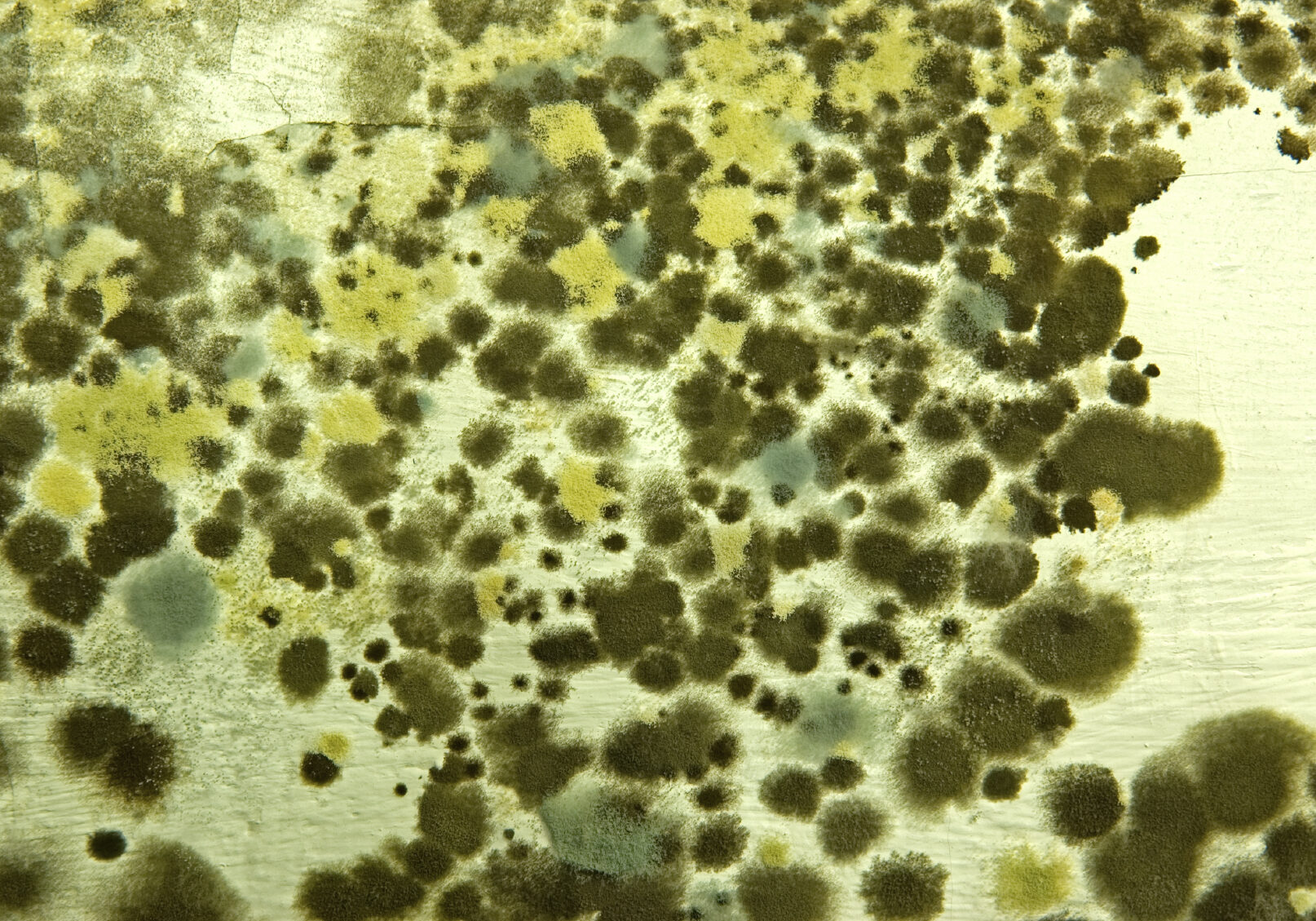
Mold Remediation Services
- If you have mold problem or suspect that your home may be susceptible to microbial growth, we can help. We are licensed and insured, so you will be dealing with a professional team throughout the remediation project.
- If you are interested in testing and have not already contacted a licensed Mold Assessment Consultant, we can help coordinate an inspection as necessary.
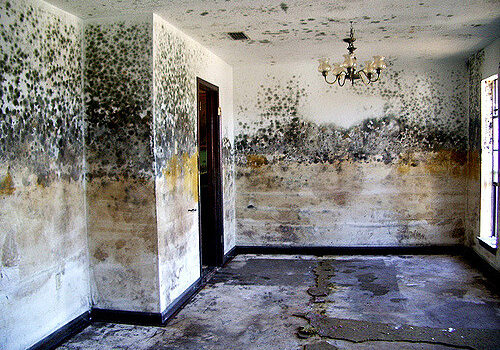
Why is mold a concern?
- The size of the affected area and the location of the growth can be correlated with the risk exposure. Delaying mold remediation services or avoiding corrective action can cause the problem to become much worse.
- Mold is virtually everywhere and a necessary part of how nutrients are recycled back into our environment, however indoor mold growth is unsanitary, can cause damage to building materials and also presents a health risk.
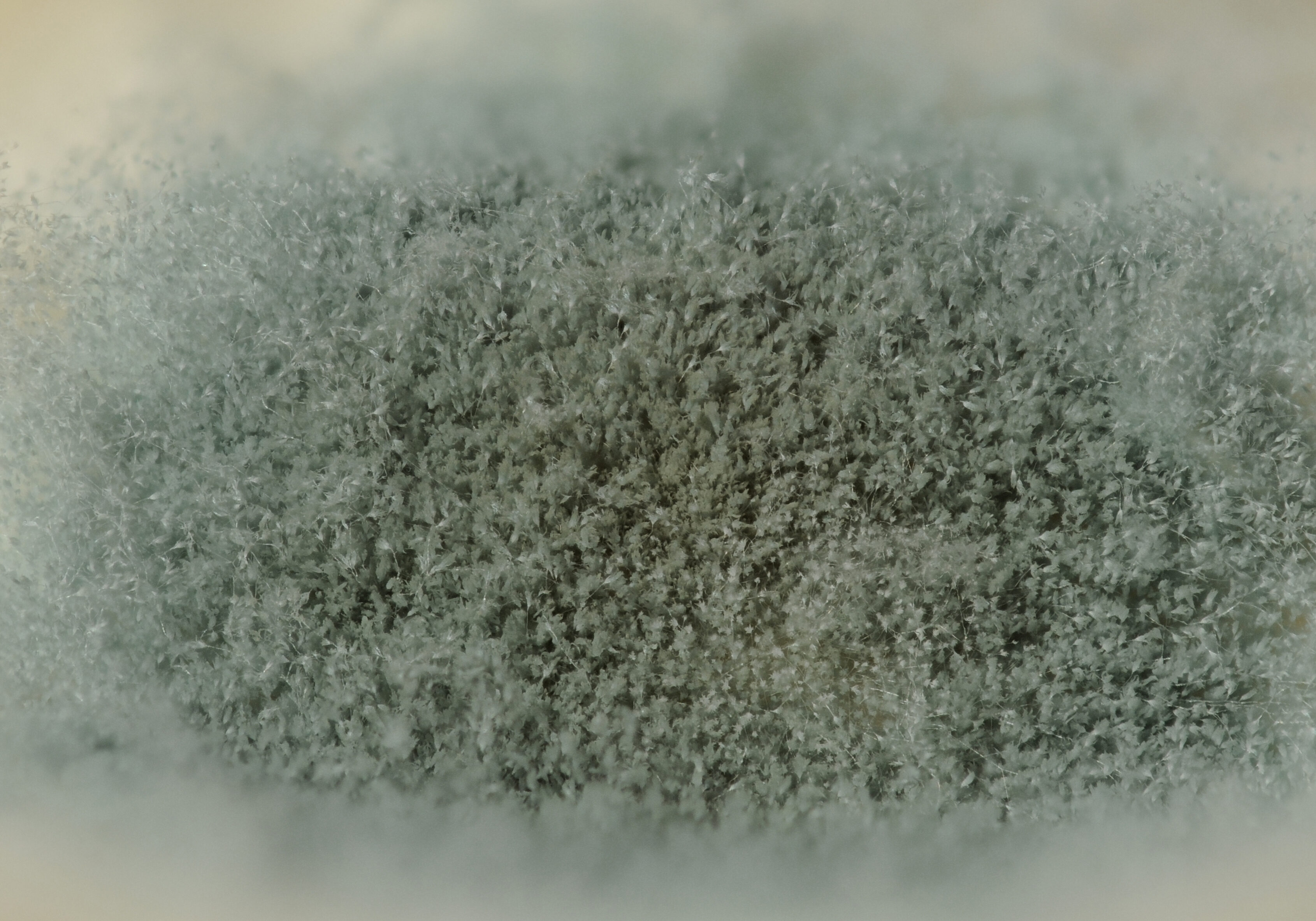
What to expect
- Once it has been determined that remediation is necessary, a protocol will be written by a licensed Mold Assessment Consultant. The protocol will outline the "road map" for remediation to be successful.
- The remediation efforts will be completed as outlined in the protocol and in accordance with the Texas Mold Assessment and Remediation Rules, ANSI/IICRC S520 and EPA guidelines.
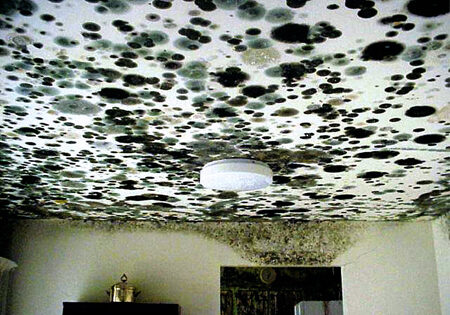
How to prevent mold growth
- Water is the mitigating factor in controlling microbial growth. Make a habit of regularly inspecting your home and address any moisture issues as soon as possible.
- Have your HVAC system regularly inspected and maintained, to ensure relative humidity levels are within an acceptable range.
- Work with a licensed Mold Assessment Consultant to determine whether or not a Mold Management Plan is appropriate.
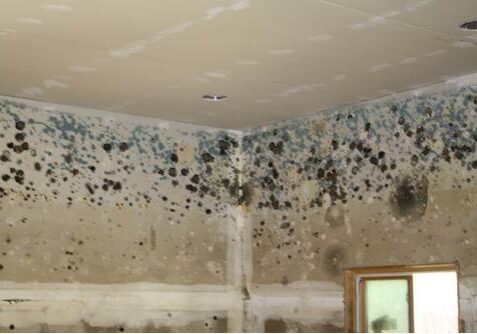
Potential Health Risks
- People can vary in sensitivity and there has been much debate around acceptable exposure limits, consult with your health professional as necessary.
- At any rate, necessary steps should be taken to identify and eliminate mold that you can see or smell.
- Immune compromised individuals may be at increased risk. Potential health effects of toxic mold exposure include allergic reactions (such as Allergic Rhinitis and histamine reaction), asthma, hypersensitivity pneumonitis, irritant effects and opportunistic infections.
- At the extreme end of the spectrum, the mycotoxins produced by some species of molds (such as Aspergillus sp. and Stachybotrys sp.) have been reported to be carcinogenic.
Get Help Now!
Please contact us for a free estimate, we are happy to help you make an informed decision on how to take care of any damage.